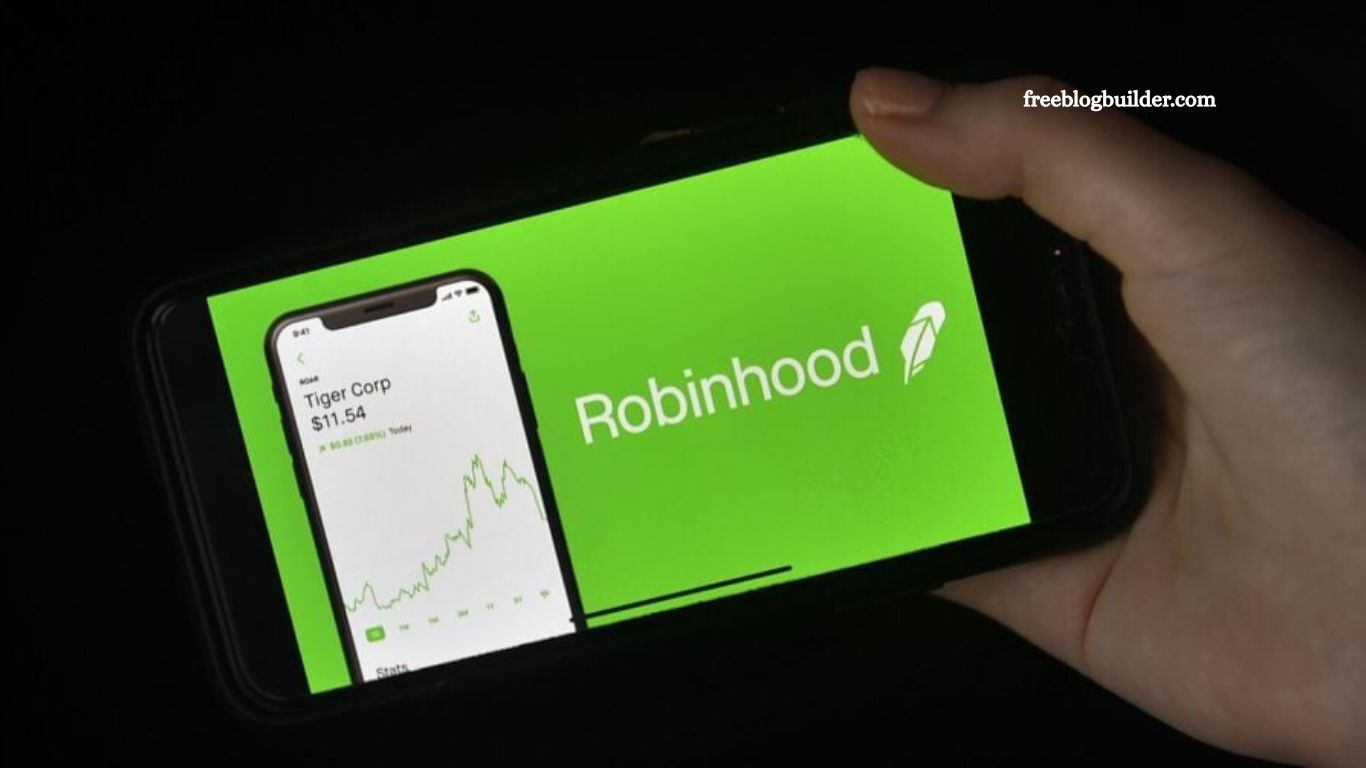Robinhood, the trading app often associated with speculative investing, is venturing into sports betting—though it frames the move as an expansion of its investment offerings. On Tuesday, the company announced a partnership with Kalshi to launch “prediction markets” for NFL and NCAA football games. These markets allow users to trade contracts tied to game outcomes, with each matchup available up to two weeks before kickoff.
Robinhood positions this initiative as part of its broader goal to create a comprehensive trading hub for users, blending traditional investing with new forms of market engagement. While the company emphasizes the financial-market structure of these contracts, critics argue the line between investing and betting remains blurred.
Read More: French Fries May Raise Diabetes Risk, While Potatoes Remain Nutritious
Robinhood Enters Sports Betting Market
Robinhood, long known for enabling speculative trading with minimal guardrails, is taking a step into sports betting albeit under the guise of “investment.” On Tuesday, the company announced the launch of “prediction markets” for college and professional football through a partnership with Kalshi. NFL and NCAA matchups will be available as tradable contracts up to two weeks before kickoff.
Positioning Betting as Investing
JB Mackenzie, Robinhood’s Vice President and General Manager of Futures and International, said, “Football is far and away the most popular sport in America. Adding pro and college football to our prediction markets hub is a no-brainer as we aim to make Robinhood a one-stop shop for all your investing and trading needs.”
Critics note, however, that framing betting on game outcomes as investing underscores Robinhood’s broader strategy: encouraging frequent transactions that generate revenue for the platform.
Regulatory Pushback
Robinhood distinguishes its markets from traditional sports betting, emphasizing real-time price-setting and risk management. Yet at least seven states have issued cease-and-desist orders to Kalshi, claiming there is “no meaningful difference” between sports trading and betting.
Kalshi continues operations and maintains confidence in its legality, bolstered by high-profile advisory appointments, signaling that the line between investing and gambling may remain blurred.
Frequently Asked Questions (FAQs)
What are Robinhood’s prediction markets?
Robinhood’s prediction markets allow users to trade contracts tied to the outcomes of NFL and NCAA football games. Each contract’s price reflects market sentiment and can be bought, sold, or adjusted in real time before and during the game.
Is this the same as sports betting?
Robinhood argues it is not traditional sports betting because contracts operate within a financial market structure where buyers and sellers set prices, unlike fixed betting lines. Critics, however, note the practical outcome is similar to placing a wager on a game.
When will these markets be available?
Contracts for NFL and NCAA matchups will be listed up to two weeks before each game’s kickoff.
Are prediction markets legal in all states?
No. At least seven states have issued cease-and-desist orders to Kalshi, restricting access to residents in those states.
How does Robinhood make money from this?
Robinhood earns revenue from transaction fees when users trade these contracts, similar to its earnings model for stocks and options.
Conclusion
Robinhood’s foray into prediction markets highlights the increasingly blurred line between investing and gambling. By framing sports betting as tradable contracts within a financial market, the company aims to attract users while expanding its revenue streams. While Robinhood emphasizes risk management and market structure, regulators in several states remain skeptical, viewing the platform as effectively offering sports betting.


